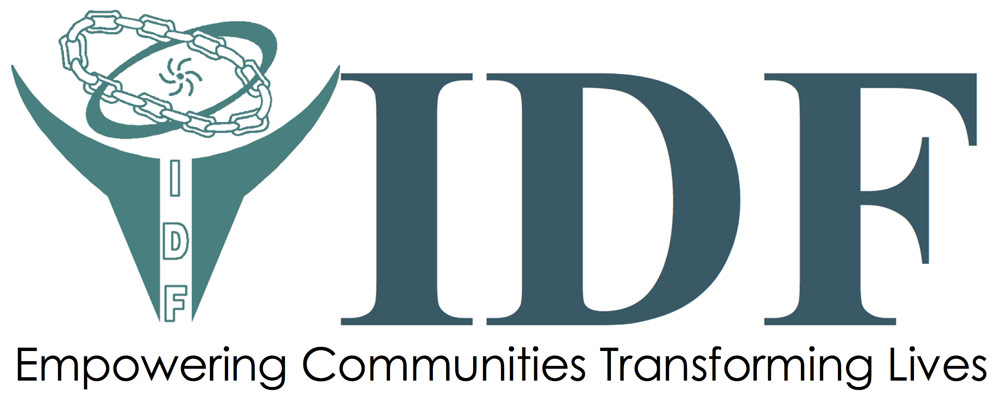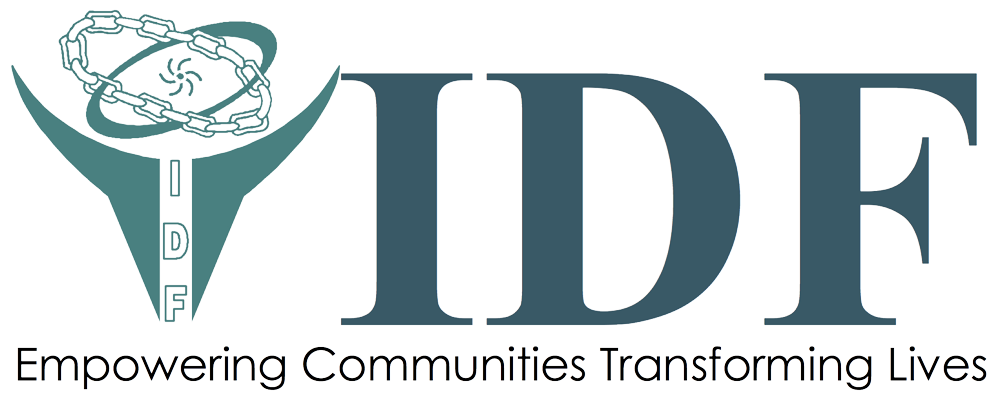.
.
.
.
.
.
.
Water Sanitation and Hygiene
Safe drinking water and sanitation facilities are essential preconditions for improving health in rural communities. Many diseases on the rise in these deprived areas are spread through impure water. Furthermore, lack of sanitation facilities has a negative impact on girls’ and women’s freedom of movement, as well as on their sexual and reproductive health. Using community-based institutions, IDF projects have not just sensitized and educated the most disadvantaged communities about the importance of clean water, sanitation, and hygiene; they have successfully led the target population to make the permanent changes in their personal habits necessary to bring about lasting health benefits. By facilitating sustainable clean water and sanitation measures, IDF interventions have thus dramatically reduced disease and improved overall quality of life. IDF is also a lead partner in Viswash, a state-level network set up to advocate for this critical issue, and has effectively influenced the development of government policy in this area.
Beyond the many concrete health and economic benefits resulting from access to water and sanitation, IDF’s most important overall achievement in this area is community members’ increased awareness of, and capacity to assert, their right to clean water and sanitation facilities.




